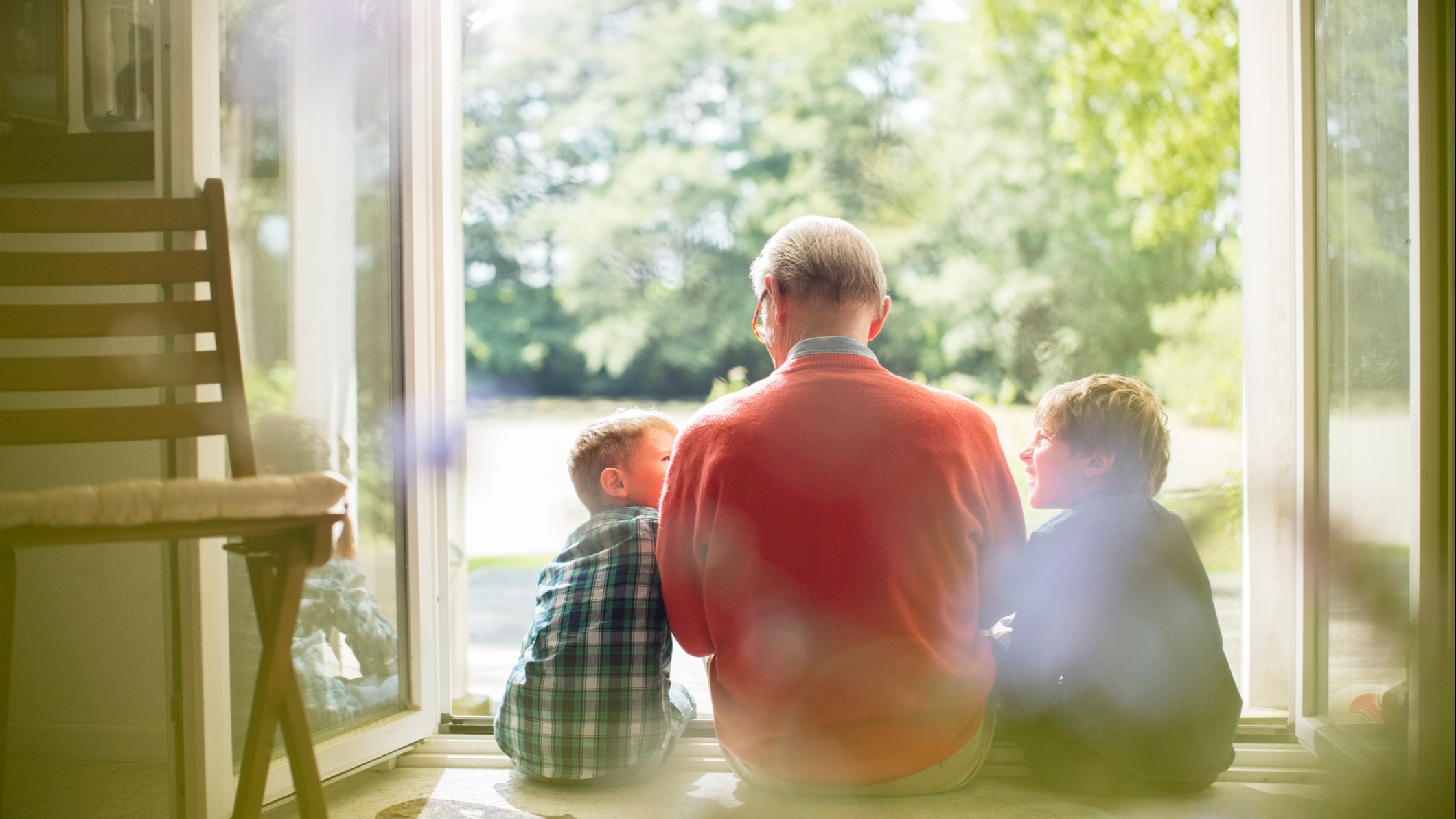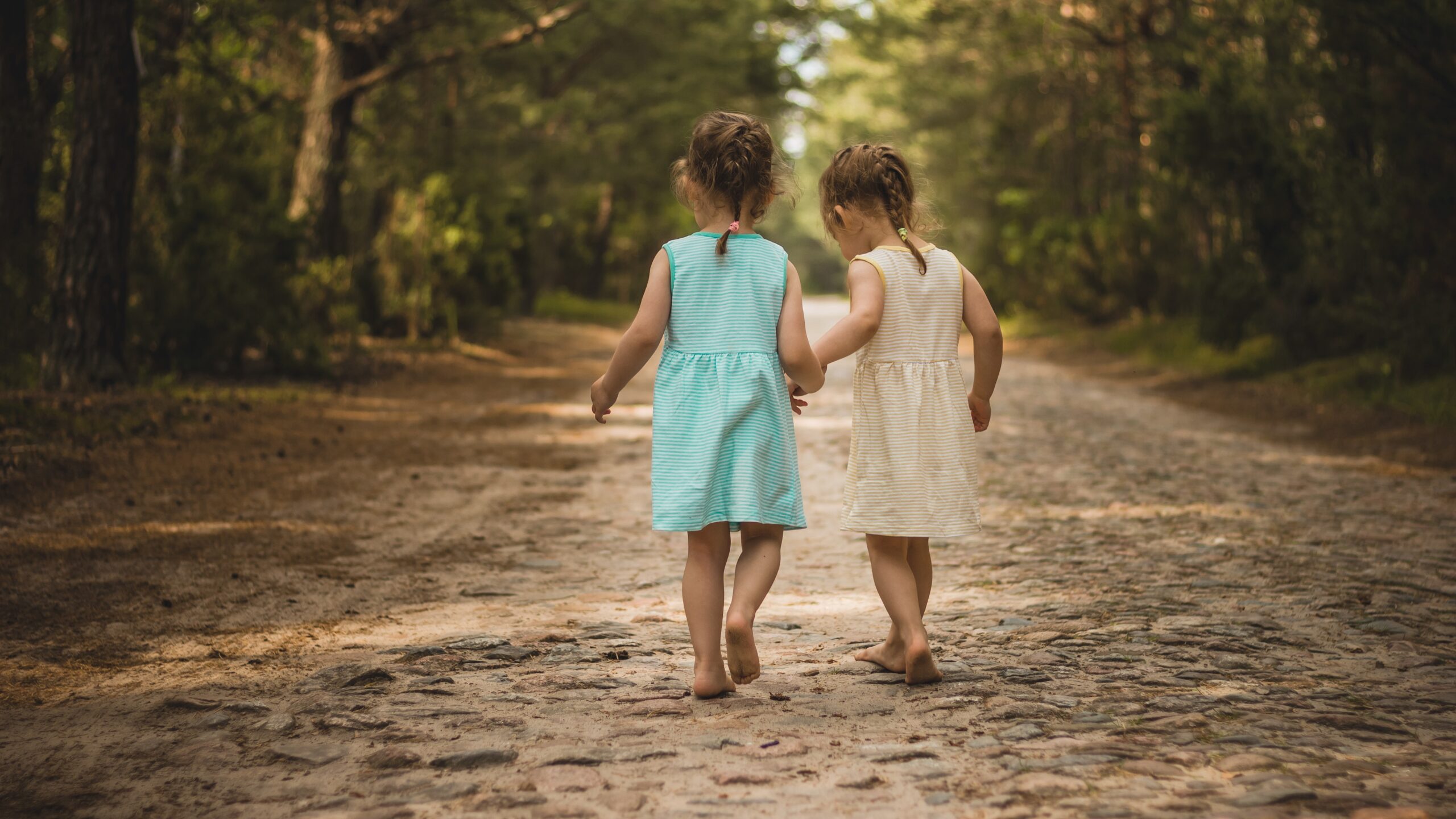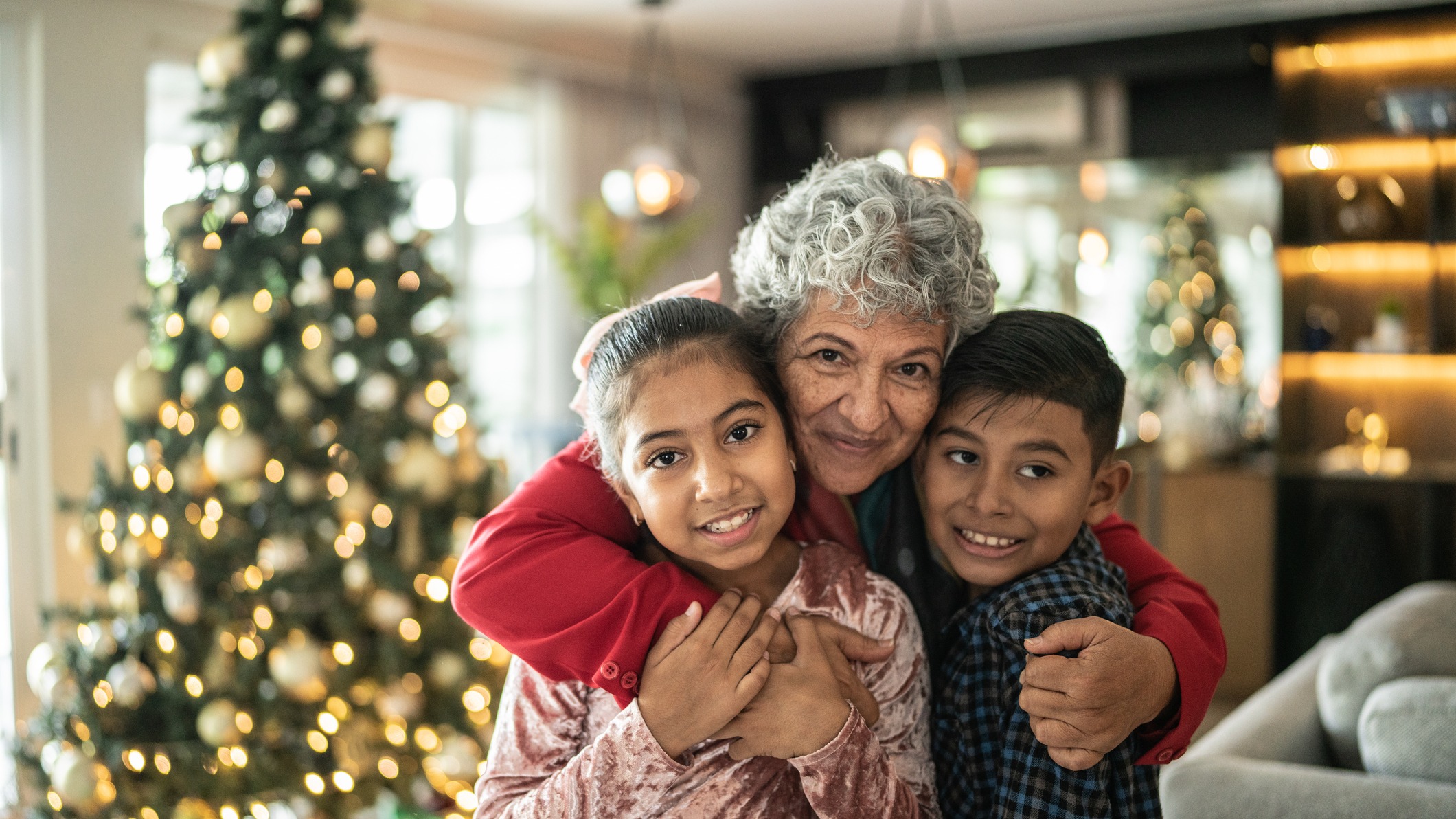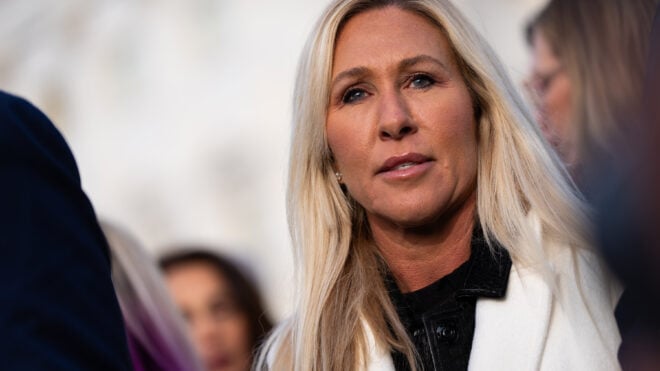
One of the hardest parts of parenting is preparing your children for the dark inevitabilities of life. The pain, the confusion, the loss, and the frustrations of what it is to be human. Sadly, one of the worst inevitable factors that needs explaining almost too early on in life, is death. Watching children suffer through family members passing away, and being unable to fix it for them, is heartbreaking. Particularly if their first experience of death creeps up on them with no warning, especially if it’s a grandparent they’re close with.
There are a lot of resources out there for dealing with death, and how to prepare your child for different forms of death, but there’s something extra difficult about dealing with a grandparent’s death.
So, how do we prepare our children for the death of a grandparent? Unfortunately, there’s no perfect way, but there are numerous steps to take to soften the blow, and explain the situation in a caring and informative way.
Set the stage early.

It sounds cruel to tell a child early on in their life that they and the ones they love are going to die one day, but laying the stepping stones of truth will help them later. Indirect talk of objects not lasting forever — such as food, a TV show coming to an end, a toy getting broken, or anything that suggests that nothing lasts forever — will get kids subconsciously understanding that they, too, one day won't be here. It helps instill the idea over time, rather than in one traumatic blow, that eternity doesn't exist. There’s also the theory that watching films and reading books that feature death will help shape your child’s mind for acceptance later on in life. If you’re shielded from the concept, when you finally face it, the concept will be terrifying.
No one is saying you should sit a toddler down and say hey, you’re not going to exist forever, and granny will stop calling suddenly one day. But if they learn about death early and in small doses, it'll be easier for them to accept later on. When it comes to grandparents specifically, suggesting that they won't always be around without actually outright saying one day they'll be dead, will help lessen the shock.
Describe death as a natural, inevitable phenomenon.
Death is sad, scary, and sometimes cruel. But if it insists on being inevitable for everyone, then we may as well try to see the sense in it, rather than view it as a punishment. Teach your child that although they loved this grandparent, they needed to leave in order to rest. If they die of a painful illness, death is their way of ending the suffering. Depending on your family's religion, you may want to work the afterlife into the conversation, as concepts like heaven may be a comfort in this hard time.
If you're secular, seek out Mother Earth for some kind words. Death is the Earth's way of making room for new people, plants, and animals. If everyone who was born since the dawn of humanity were still alive, there’d be no room to do anything, not enough food, we’d be stuck in a huge wall of unmoving life. The circle of life is key to humanity's future — birth, life, then death. Though it’s vital to validate your child’s concerns, we also need to help them come to the conclusion that death is as much a part of life as life itself. They can’t exist without each other.
Allow kids the space and time to mourn.
This is obvious when the grandparent dies, but especially when it hits your child that they won't be around forever. It may hit them slowly, or all at once, and be very frightening. So letting them preemptively grieve is vital in the eventual mourning process. Let them cry, let them question why, and let them be angry. There’s nothing worse while mourning anything than to be told you’re making a scene, or need to stop crying will only harm their emotional development, and may lead to them repressing their emotions as an adult. They need to get the pain, confusion, anger, and fear out of their system, so the healing can begin.
Encourage an outlet for their grief, whether that’s making art or music, poetry, and writing, or any physical activity that will help them channel their emotions into something both enjoyable and therapeutic.
Answer all of their questions.

As gentle as you should be with the truth, it should be the real truth nonetheless. Children deserve the same level of respect as any adult when it comes to how you deliver bad news and explain an incoming bad situation. They may have questions that will have upsetting answers, and you can’t shy away from answering them. They may also have questions you can’t answer with facts, but that doesn’t mean you can’t discuss possible answers.
Where did Grandma go when she died? I don’t know, but some people believe we go to heaven when we die, some people believe we’re reborn, and some people believe our time on Earth is up when we go. Was Grandpa in pain when he died? He might have been, but he isn’t anymore, and that’s the important part. Will I die? Yes, but it’ll be so long away that you probably won’t be scared of it anymore, and you’re completely safe in this moment right now. It’s up to you how you answer, but just make sure you do answer.
Spend as much time with the grandparents as you can.

It sounds obvious, but life can really get in the way of spending time with loved ones to the point where we don’t even notice how quickly time is moving. The more time your kids spend with their grandparents, the more they will feel cared for and loved, and the more they will witness them aging. It can obviously be sad to see people slowly run out of time, but at the same time, seeing aging for what it is, is important to a child’s development. Aging isn’t a scary thing — it’s just their grandparents. Seeing them naturally and gradually grow older, as opposed to seeing the change suddenly happen from Thanksgiving dinner to Easter dinner, will ease the journey for your kids.
When the time comes for your parents to pass, you and your children will seek comfort in the idea that you spent as much time with them as possible. For their sake and for your own. You’ll have helped give them a caring, and interesting life, and they’ll have given you some warm and unique memories that you and your kids can share for the rest of your own lives.







